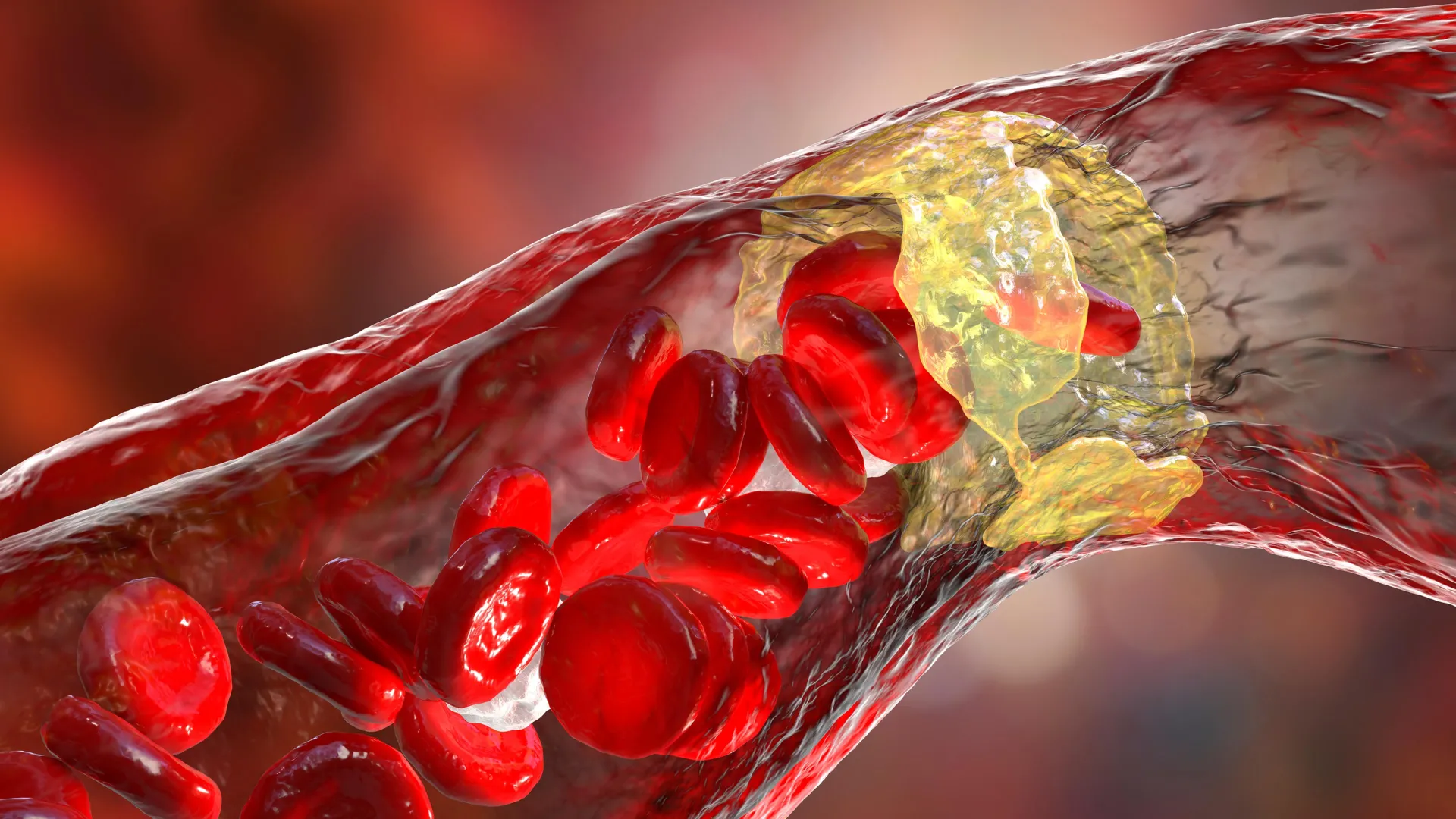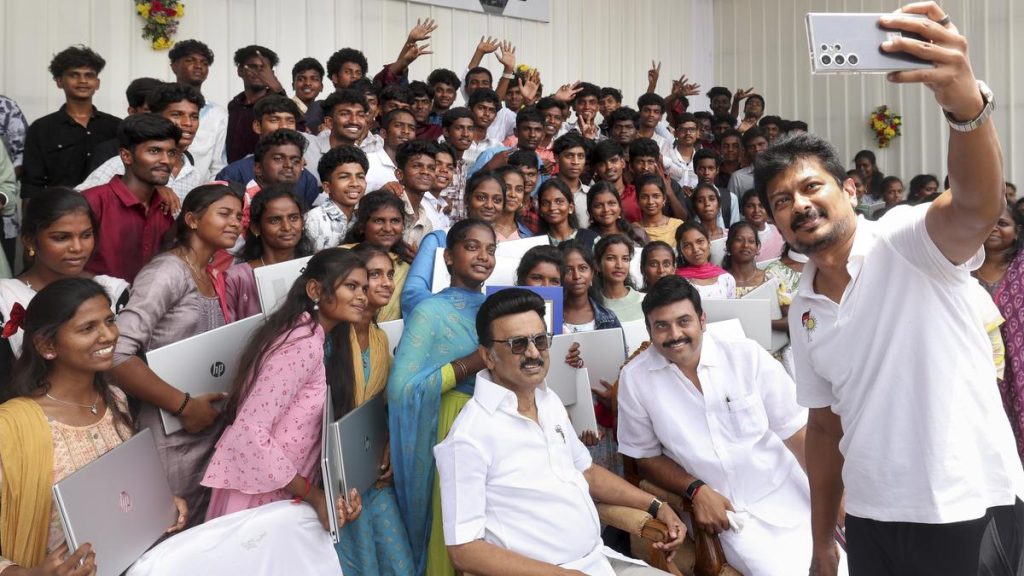Now Reading: High-Dose Statins Prove Life-Saving: Why Doctors Recommend Starting Strong
-
01
High-Dose Statins Prove Life-Saving: Why Doctors Recommend Starting Strong
High-Dose Statins Prove Life-Saving: Why Doctors Recommend Starting Strong

Quick Summary
- Elevated levels of LDL (“bad”) cholesterol are linked to increased risk of heart disease and stroke. Lowering LDL has statistically notable benefits.
- Researchers from Florida Atlantic University’s Schmidt Collage of Medicine recommend using high-potency statins like rosuvastatin and atorvastatin at maximum doses for treating cardiovascular disease, along with therapeutic lifestyle changes (e.g., smoking cessation, maintaining healthy weight, regular activity).
- Metabolic syndrome affects around 40% of U.S. adults and increases cardiovascular risk akin to prior heart attacks or strokes; many remain underdiagnosed or undertreated.
- Only 21% of Americans meet the minimum daily requirement for physical activity, but improvements can occur at any life stage-including older adults.
- Statins have robust evidence as the primary pharmacological agent in prevention/treatment; adjunctive therapies such as ezetimibe and evolocumab should be reserved for select high-risk cases failing to achieve LDL goals with statins alone.
- Omega-3 fatty acid supplementation generally lacks net benefits accept for icosapent ethyl (REDUCE-IT trial), which reduces major cardiovascular events by 25%.
Indian Opinion Analysis
This editorial reinforces the value of combining pharmacological interventions like statins with lifestyle improvements in preventing cardiovascular diseases-a strategy applicable worldwide, including India where noncommunicable diseases continue to surge due to urbanization and sedentary lifestyles. With rising rates of obesity and metabolic syndrome among Indians, this research underscores both individual preventive actions (regular activity, weight management) and systemic steps toward enhancing awareness about proactive screening.Additionally relevant is India’s experiance with gaps in diagnosis-similar issues seen globally-highlighting a need for training healthcare professionals on early detection during routine visits while boosting public health campaigns emphasizing heart health metrics like physical fitness levels.
The mention that advanced therapies such as evolocumab might suit narrowly defined high-risk subsets aligns well with prioritization tactics relevant in India’s resource-constrained medical settings where cost-effectiveness remains critical. Further integration into India’s preventive frameworks could include active patient education initiatives translating findings like those from REDUCE-IT into actionable plans tailored locally.

























